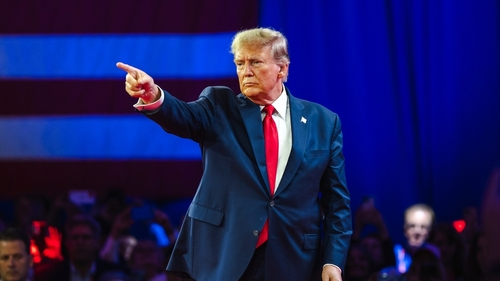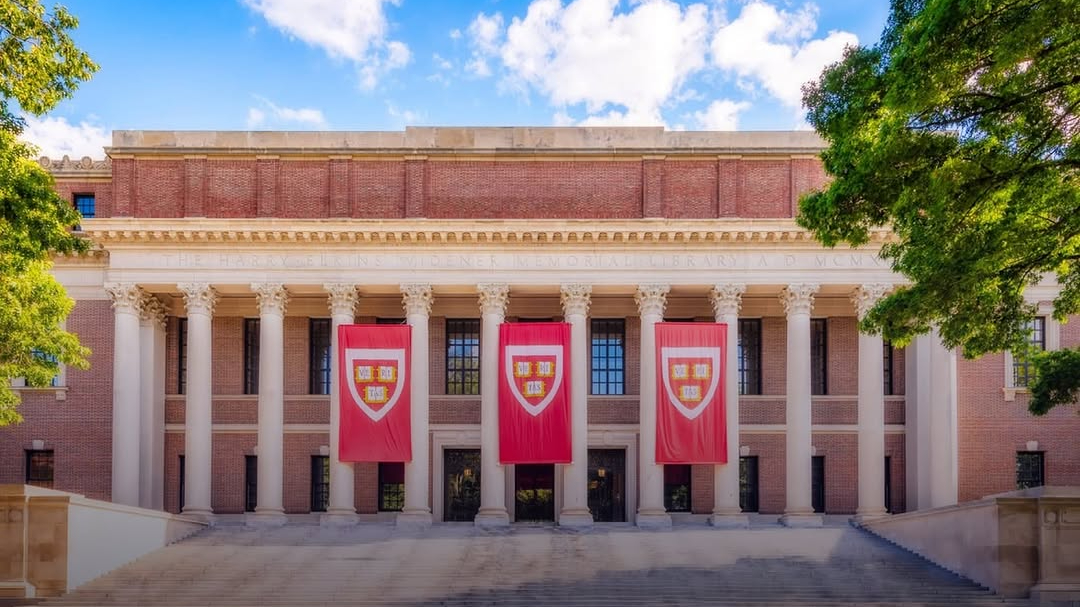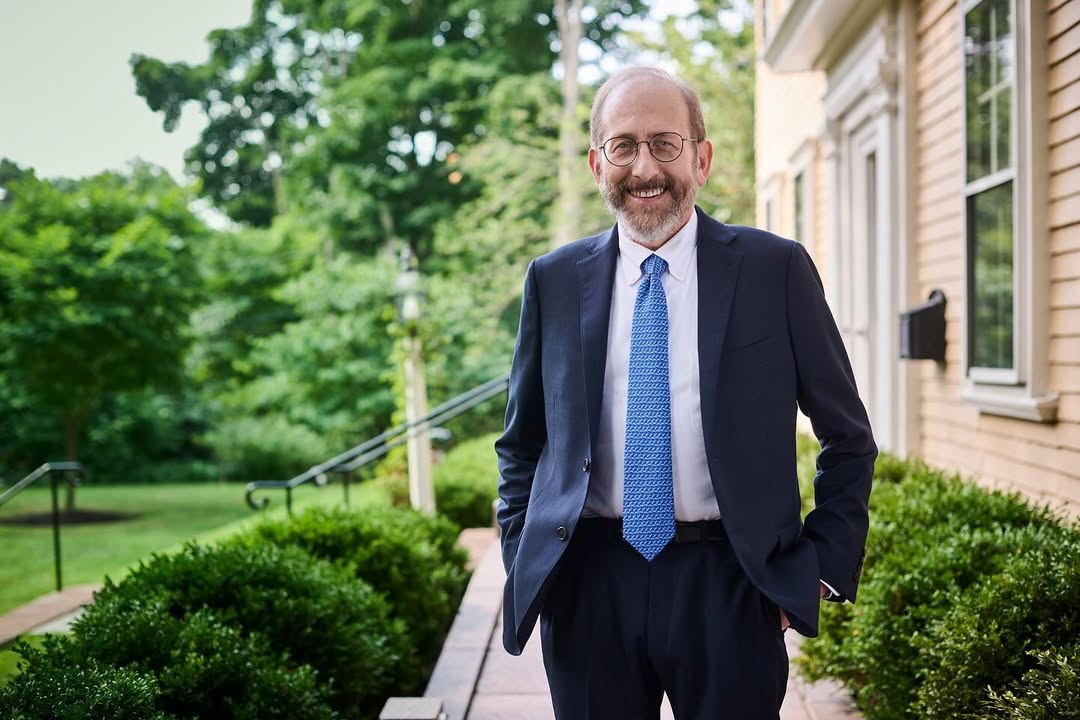Harvard Faces $2.2B Federal Funding Freeze Amid DEI Policy Clash
Harvard University is at the center of a growing controversy after the federal government has frozen over $2.2 billion in funding tied to research grants and contracts. The decision follows Harvard’s refusal to comply with a set of political demands from the Trump administration, including the elimination of DEI (Diversity, Equity, and Inclusion) programs and increased surveillance of student activism. The funding freeze has sparked national debate over academic freedom, government overreach, and the future of higher education in politically charged times.

Harvard's Financial Overview
Operating Harvard University is a substantial financial endeavor. In fiscal year 2023, the university reported $6.1 billion in operating revenue and $6.4 billion in expenses, resulting in a $186 million budget surplus—less than half of the previous year's surplus. A significant portion of Harvard's revenue, approximately 45%, comes from philanthropic sources, including current-use gifts and endowment distributions. The endowment contributed $2.2 billion, accounting for 37% of total revenue.

The Federal Funding Freeze
On April 14, 2025, the Trump administration froze $2.2 billion in federal grants and $60 million in contracts to Harvard University. This action was taken after Harvard refused to comply with federal demands to dismantle diversity, equity, and inclusion (DEI) initiatives and amend programs allegedly contributing to antisemitic harassment.
The administration's demands included:
-
Elimination of DEI programs
-
Increased campus policing
-
Reporting international students linked to pro-Palestinian activism
-
Reforms in admissions and faculty hiring practices
Harvard President Alan M. Garber emphasized the university's autonomy, stating that only Harvard's community has the authority to define its operations and values.
Related: Trump Admin Pulls Plug on DOJ Crypto Crime Unit
Related: What Meta’s Trial Means for Investors and the Tech Sector

Alan M. Gurber
Demands Rejected by Harvard
The university rejected several federal demands, including:
-
Dismantling DEI initiatives
-
Amending programs allegedly contributing to antisemitic harassment
-
Reporting international students linked to pro-Palestinian activism
Harvard's refusal to comply with these demands led to the freezing of substantial federal funding.
Implications for Harvard
The funding freeze poses significant challenges for Harvard, potentially affecting research programs, faculty hiring, and student support services. The university has implemented a temporary pause on staff and faculty hiring and is scrutinizing discretionary spending to preserve financial flexibility.
Conclusion
Harvard's stance underscores the tension between institutional autonomy and federal oversight. As the university navigates this funding crisis, its commitment to academic freedom and DEI initiatives remains steadfast, setting a precedent for other institutions facing similar pressures.








